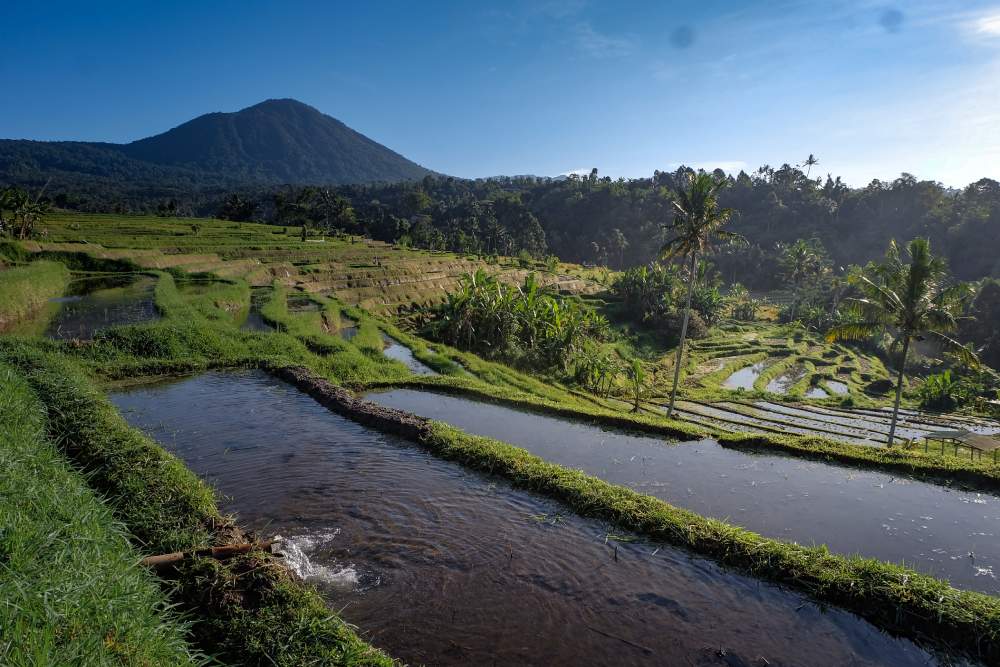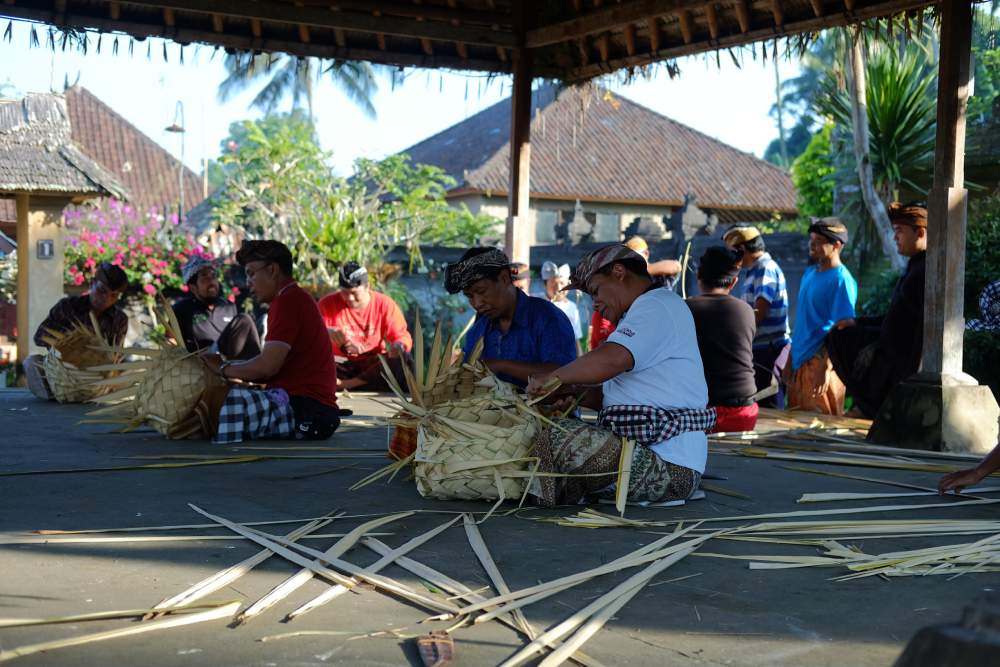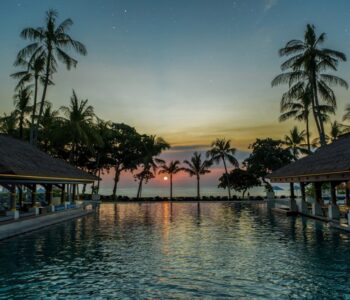
Sustainability is, thankfully, all the rage these days, as people finally get to grips with their personal and corporate responsibilities to the planet and to the communities in which they live. Some people measure their personal carbon footprint to try to limit the damage they do to the environment through travelling by plane, train or car, by using air-conditioning and by what they eat, favouring vegan foods that reduce the use of grasslands for cows, sheep and pigs. That is all very good and we should try to emulate some of these great examples.
Corporately we see companies doing the same thing but on a much larger scale, trying to reduce water and energy consumption and eliminate waste going to landfill. The programs they follow are usually referred to as ESG: Environment, Social and Governance. Again, this is excellent and really helps to combat the, now very visible and palpable, climate change which is adversely affecting the whole planet.
But rarely do we see ESG programs being followed by communities which lie squarely between the people and the companies they work in, except here in Bali, where their ESG controls have been in place for centuries! Let me explain, starting with the environment where the Balinese farmers have been working together for as long as anyone can remember to preserve, protect and make the most efficient use of their limited water supply through a cooperative and highly advanced system called subak, which you can still see working today. Subak channels the water from the rivers to the rice fields where it is divided into channels according to the priorities agreed in the community (adat) meetings in the village halls. No-one does without, nothing is wasted, everyone works together for the good of all.
This is again reflected in their social order which is governed by a nationwide system called gotong royong which brings all the village together to work on one project, for example, building a house for a villager in need, where everyone will lend a hand to get it finished quickly knowing that they will also be the beneficiaries of the same communal goodness when their need arises. Gotong royong literally means “lifting the bamboo” which beautifully explains their call to arms!

As far as governance is concerned, I mentioned above the fact that village, i.e. community, matters are discussed openly in the Bale Adat, or village hall, which already shows how matters are dealt with — though perhaps the discussions are still dominated by the men of the village….so the equality issue may not be resolved yet! — it is still a transparent and hopefully fair way of governing their community. Behind that is a very strong religious faith based on Hinduism and the evidence of their daily adherence to the faith is everywhere in temples, processions, dances and ceremonies.
One of the best ways to describe how this works as a governing force in people’s lives is through the understanding of Tri Hita Kirana, which is a unique and wonderful system of harmony in governance that does not exist elsewhere.
The literal translation is roughly the “three causes of well-being” or “three reasons for prosperity,” which are: Harmony with God, manifested in numerous rituals and offerings to appease deities; Harmony among people, through communal cooperation and promoting compassion; and Harmony with nature or environment, which strive to conserve the nature and promote the sustainability and balance of the environment.
Tri Hita Karana is credited for the island’s prosperity as a whole, its relatively stable record of development, environmental practices, and the overall quality of life for its residents. In fact the principle of Tri Hita Karana guides many aspects of Balinese life, from daily rituals, and communal gotong royong cooperation practice, as we discussed, to spatial organisation in Balinese architecture. It is also reflected in the subak irrigation system, also discussed above. Former President of Indonesia, Susilo Bambang Yudhoyono, even invoked it in his address to the International Conference on Sustainable Development during APEC 2013, which was held in Bali.
ESG is often thought of as a modern, western idea, but think again, it has been here forever on Bali!
This article was featured in NOW! Bali September-October Edition. Download our digital edition here.










